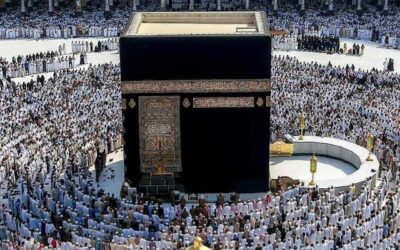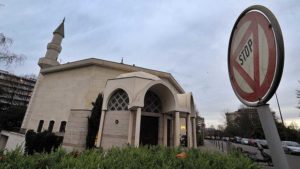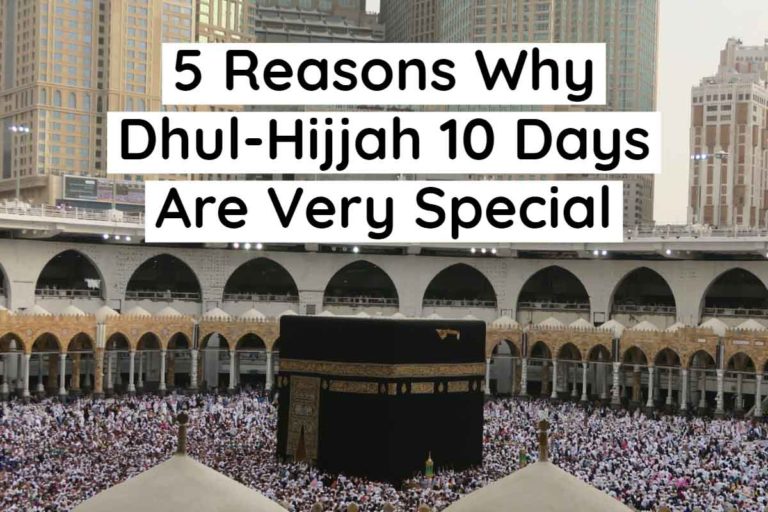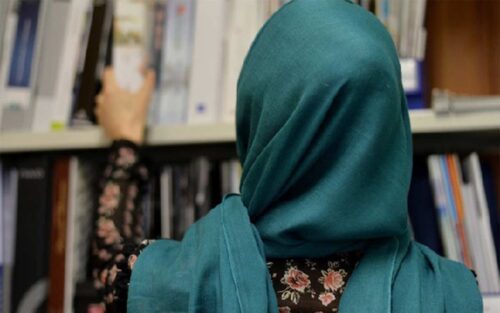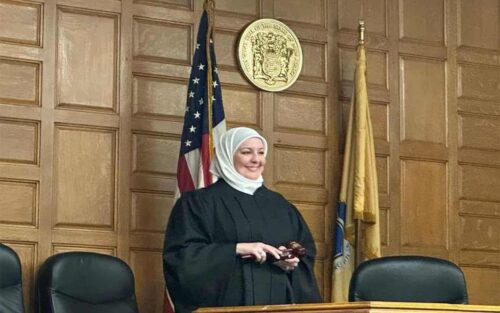Saudi Arabia’s decision to celebrate the end of Ramadan today has caused controversy among Muslims throughout the world, with many countries saying the holy month of fasting should have lasted a day longer.
The festival of Eid al-Fitr begins when scholars sight the new crescent moon, which Saudi authorities claimed to see minutes after sunset yesterday.
But, astronomical data suggests it would have been nearly impossible to observe the new moon from almost anywhere on earth last night, calling into question the credibility of Saudi scholars.
Saudi’s neighbour Egypt said it was unable to sight the moon and that Muslims should continue fasting until tomorrow.
The ruling by Egypt’s grand mufti Shawki Allam is significant because Cairo’s al-Azhar mosque is regarded as one of the premier seats of Sunni scholarship.
Other large Muslim majority countries such as Pakistan and Indonesia have also dissented from the Saudi sighting and will celebrate Eid tomorrow.
The controversy has also caused a split among mosques in Britain over the lunar calendar.
The co-ordination committee of mosques and Islamic centres in London followed the Saudi moon sighting.
But Birmingham central mosque and several other prominent places of worship announced they would celebrate Eid on Wednesday.
The debate has disappointed astronomer Imad Ahmed from the New Crescent Society, who had arranged public moon sightings this evening.
He said Saudi’s moon sighting was “impossible” and would have marked a “new world record.”
Mr Ahmed is working with the Royal Observatory in Greenwich to promote the Islamic tradition of using local moon sightings to signal the start and end of Ramadan, rather than rely on Saudi pronouncements.




